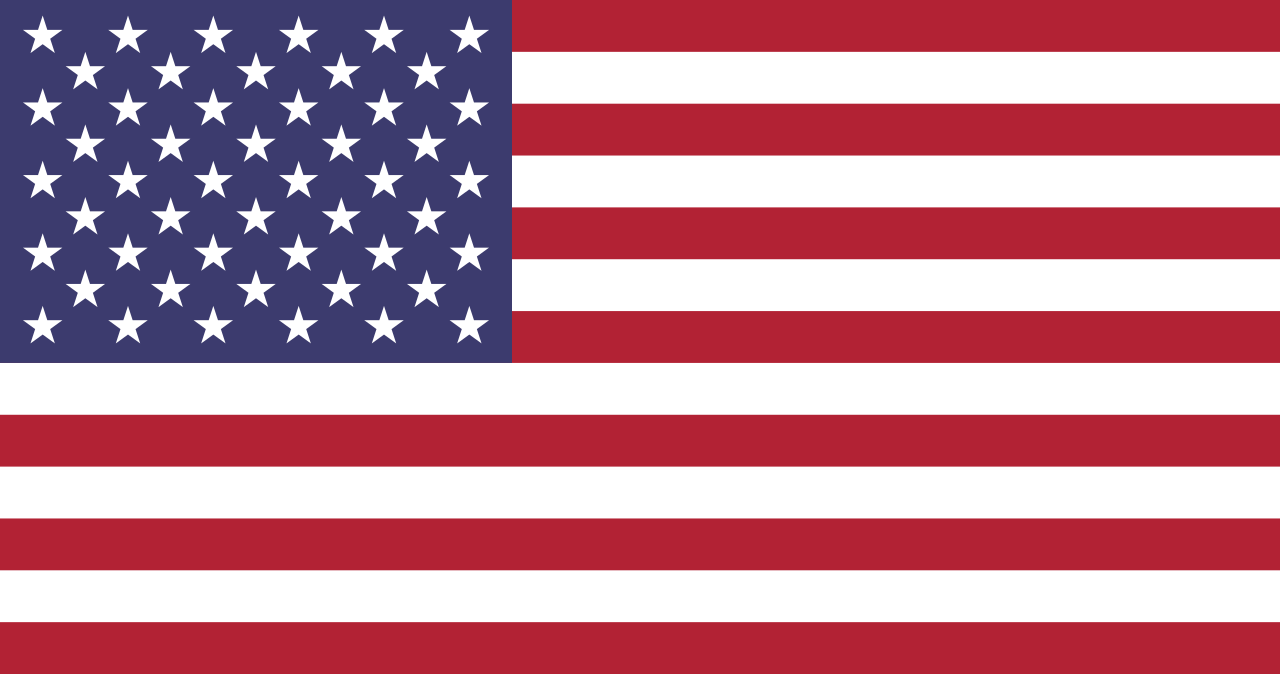The Last Founding Father - James Monroe by Harlow Unger
Harlow Unger thinks the world of James Monroe, let's just state that up front. In fact, he thinks so highly of him, the introduction to his hagiography borders on the absurd. In fact, in the midst of Unger's praise for Monroe, he goes so far as to disparage Adams, Jefferson and Madison as mere "caretaker presidents" who left the country "bankrupt, its people deeply divided, its borders under attack (and) its capital city in ashes.”
Monroe's presidency made poor men rich, turned political allies into friends, and united a divided people as no president had done since Washington. The most beloved president after Washington, Monroe was the only president other than Washington to win re-election unopposed. Political parties dissolved and disappeared. Americans of all political persuasions rallied around him under a single "Star-Spangled Banner"
OK, Harlow, we get it. To be fair, many of these events did in fact occur, but Unger's attribution of them solely to Monroe is what rankles.
Monroe is though, it should be said, far more impressive than one might remember from history class (if you ever learned about him at all). He was no doubt the most qualified presidential candidate in history. A Revolutionary War hero, he crossed the Delaware with General Washington and was wounded at the Battle of Trenton. Post-war, he was a delegate in the Continental Congress, a state legislator, a U.S. senator, a four-term governor of Virginia, ambassador to France, Britain, and Spain, Secretary of State and Secretary of War (at the same time!) and finally, a two-term president of the United States.
As president, he ushered in the so-called "era of good feelings", a post-war period where the factionalism and party rancor that consumed the nation from the time of Washington's second term had finally subsided (the total collapse of the Federalists certainly helped matters.) Monroe had allies across party lines and was renowned for his integrity. “Turn his soul wrong side outwards, and there is not a speck on it,” declared his mentor and lifelong friend, Thomas Jefferson.
But Monroe did his part to earn that goodwill as well. After his election, he became the first sitting president to tour the union, visiting states in the South, North, and in the new Western territories as well.
I found that there was much to admire about Monroe (and the author consistently advocates for this admiration) but Unger is often so defensive about him in so many instances (John Quincy Adams’ involvement in the crafting of the Monroe Doctrine, his time spent as diplomat, to name but a few) that you begin to wonder why Monroe fell under so much criticism to begin with. No doubt I'll learn more in upcoming books like Militant Spirit and What Hath God Wrought.
It should be said, Unger's book is highly entertaining, and despite its bias, a great read. I sped through it in a mere three days.

